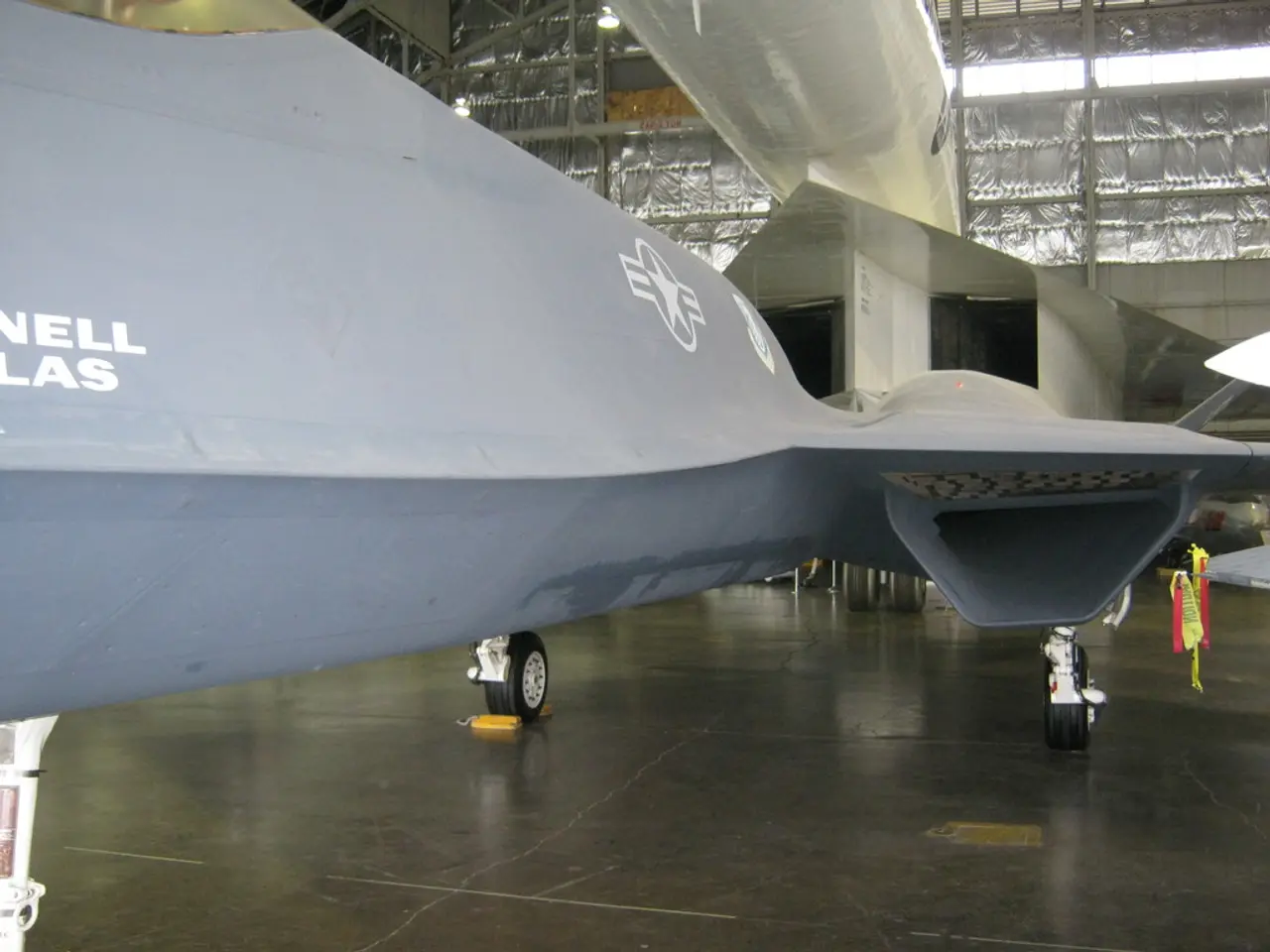Impact of Airline Quality Rankings on Flight Costs - Detailed Analysis
In the ever-evolving world of air travel, airline ratings have long been a significant factor for consumers when choosing which airline to book with. Higher-rated airlines, perceived as offering better service quality, reliability, and overall experience, often command premium prices. However, lower-rated airlines may resort to fare reductions to attract customers, leading to an average price drop of 8%.
Recently, airline pricing has become increasingly individualized and dynamic, driven by AI algorithms that consider numerous factors beyond ratings alone. For instance, Delta Air Lines aims to use AI to determine up to 20% of its ticket prices by the end of 2025, up from 3% currently. This AI evaluates personal customer data, purchasing history, and market conditions to offer personalized ticket prices rather than fixed fares.
This shift in pricing affects consumer behaviour. Consumers are searching fares more extensively, with fare searches per booking increasing 47% and booking windows extending by 32%. They have also become more price-sensitive, often opting for basic economy fares or lower tiers despite potential service trade-offs.
However, while airline ratings remain a factor in choice, consumers now also weigh ancillary fees (like baggage and seat selection), the potential for last-minute price shifts, and personalized AI pricing outputs in their decision-making, complicating the straightforward effect of an airline’s rating on booking behavior.
The growing role of AI-driven dynamic pricing introduces individualized fare variability that can moderate or amplify the effects of airline ratings on ticket prices and consumer booking decisions. Consumers seeking cost-effective options should consider emerging airlines with rising scores, as they may offer substantial savings without compromising safety or comfort.
At the same time, airlines rated 4 stars or above often charge premiums averaging $50 per round trip compared to those with lower ratings. Loyalty program members, when exposed to improved ratings, were 20% more likely to switch their loyalty to airlines that reflected these new pricing strategies in real-time.
Research indicates that airlines employing machine learning algorithms for pricing adjustments based on rating changes saw an average revenue increase of 8% within the first quarter of implementation. A one-point increase in customer satisfaction ratings can correlate with a 5-10% increase in ticket sales.
In conclusion, while higher airline ratings tend to support higher ticket prices and influence consumer preference positively, the growing role of AI-driven dynamic pricing introduces individualized fare variability that can moderate or amplify these effects. Consumers respond by engaging in more extensive fare comparisons and making booking decisions based on a combination of airline reputation, personalized pricing offers, and ancillary costs rather than ratings alone.
There is ongoing concern and debate about fairness and transparency with AI pricing, as it may create disparities between travelers even within the same airline, somewhat decoupling traditional star ratings from actual ticket pricing and booking choices. Nevertheless, the effect of airline ratings on ticket prices and consumer booking decisions remains significant but increasingly nuanced within an evolving AI-driven pricing landscape.
References: [1] Delta Air Lines. (2021). Delta to leverage AI for dynamic pricing by 2025. Retrieved from https://www.delta.com/content/www/en_US/newsroom/news-and-media-releases/2021/delta-to-leverage-ai-for-dynamic-pricing-by-2025.html
[2] Skift Research. (2020). The impact of dynamic pricing on airline bookings. Retrieved from https://skift.com/2020/09/01/the-impact-of-dynamic-pricing-on-airline-bookings/
[3] McKinsey & Company. (2019). The new era of airline pricing. Retrieved from https://www.mckinsey.com/industries/travel-transport-and-logistics/our-insights/the-new-era-of-airline-pricing
[4] Airline Weekly. (2020). The rise of AI in airline pricing. Retrieved from https://airlineweekly.gol.com/dispatches/the-rise-of-ai-in-airline-pricing-107371/
- In the world of air travel, consumers not only consider airline ratings, but also ancillary fees, potential for last-minute price shifts, and personalized AI pricing outputs to make informed booking decisions.
- AI-driven dynamic pricing is introducing fare variability, which could moderate or amplify the effects of airline ratings on ticket prices and consumer booking decisions.
- Airlines employing machine learning algorithms for pricing adjustments based on rating changes have seen an average revenue increase of 8% within the first quarter of implementation.
- Consumers seeking cost-effective options should consider emerging airlines with rising scores, as they may offer substantial savings without compromising safety or comfort.
- Loyalty program members are 20% more likely to switch their loyalty to airlines that reflect new pricing strategies based on airline reputation, personalized pricing offers, and ancillary costs rather than ratings alone.




